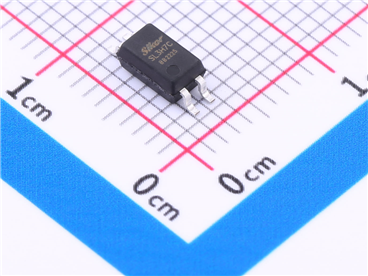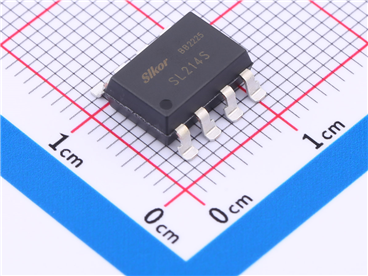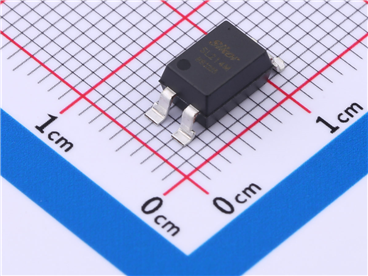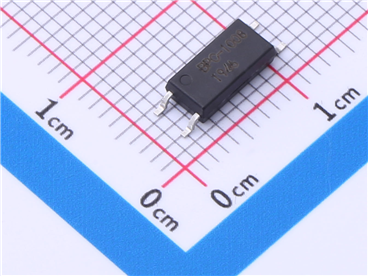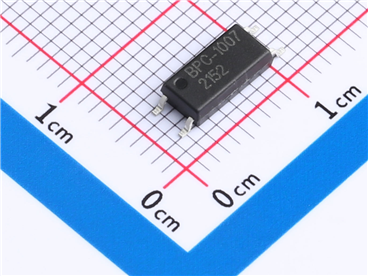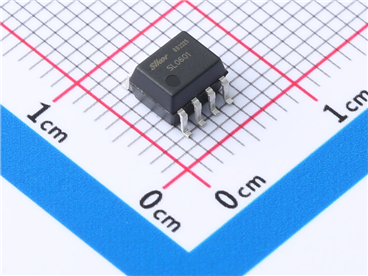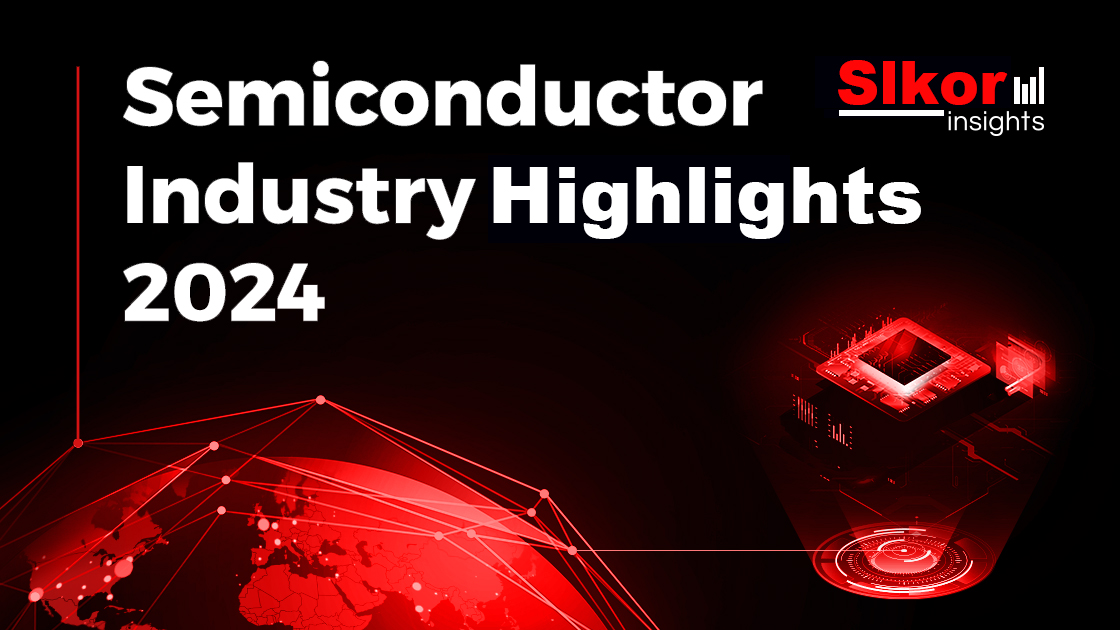
The year 2024 has already passed, so let’s take a look back and summarize some of the major events in the semiconductor chip industry, listed month by month.
【January】
Synopsys Acquires Ansys
On January 16, 2024, local time in the U.S., Synopsys and Ansys announced that they had reached a definitive agreement for Synopsys to acquire Ansys.
According to the terms of the acquisition agreement, Ansys shareholders will receive $197.00 in cash and 0.3450 shares of Synopsys common stock for each Ansys share. Based on the closing price of Synopsys common stock on December 21, 2023 ($559.96 per share), the total value of the acquisition is approximately $35 billion. Synopsys plans to complete the transaction in the first half of 2025.
Latest Developments: The UK’s Competition and Markets Authority (CMA) concluded its Phase 1 investigation into the acquisition on December 20, 2023, raising concerns in three areas where competition might be reduced. These areas include digital chip RTL (Register Transfer Level) power analysis, optics software for designing and simulating large-scale light manipulation systems, and photonics software for designing and simulating photonic devices/systems.
If Synopsys and Ansys fail to submit suitable proposals to address the CMA’s concerns, the regulator will launch a more in-depth Phase 2 investigation into the acquisition.
Other January Acquisitions: Renesas is acquiring Transphorm, Cadence is acquiring Invecas, and Infosys is acquiring Ensem Technologies.
Japan Earthquake Impact on the Chip Industry
On January 1, 2024, a 7.4 magnitude earthquake struck northern Japan, with the epicenter located in the Noto region of Ishikawa Prefecture. The earthquake caused at least 10 fatalities, hundreds of injuries, and significant damage to buildings and infrastructure.
At the same time, the earthquake forced local semiconductor and electronics companies to temporarily halt operations. Affected companies include Toshiba, multi-layer ceramic capacitor maker Murata Manufacturing, MLCC manufacturer Taiyo Yuden, Japanese silicon wafer maker Shin-Etsu, and TPSCo.
Market research firm TrendForce released a report on the impact of the earthquake in Ishikawa Prefecture. According to the report, the semiconductor industry is still in a downturn, and since the industry has entered its off-season, some components are still in stock. Additionally, most factories are located in areas with magnitude 4-5 seismic zones, which are within the factories' seismic design limits. The report indicates that most factories conducted initial equipment inspections and did not suffer significant damage, meaning the earthquake’s impact on the industry is limited.
Google's Year-Long Layoff Plan
In January 2024, Google CEO Sundar Pichai acknowledged the company's ongoing layoff wave. The layoffs affected several departments, including hardware, advertising sales, search, shopping, and maps. Nearly 1,000 Google employees were laid off within the first 10 days of January alone. CEO Sundar Pichai sent an email warning employees that Google’s layoffs would continue throughout 2024.
Latest Developments: On December 20, Pichai addressed employees in an all-hands meeting, revealing that Google had reduced its senior management positions by 10% as part of efforts to increase efficiency over the years.
According to data from the tracking website Layoffs.fyi, more than 7,500 employees have already been laid off across global tech companies in January 2024.
Other Layoff Information in January: Stellantis plans layoffs at its Italian factories, eBay will cut about 1,000 jobs, Microsoft’s gaming division is laying off 1,900 employees, and Honda will carry out large-scale workforce optimization in China.
【February】
February 2024 Continued the Layoff Trend from January, with a Widening Scope Across Multiple Industries
The wave of layoffs that started in January 2024 continued into February and showed signs of spreading. It wasn't just the big tech companies—semiconductor manufacturers, automotive companies, and equipment manufacturers also began laying off workers. Companies such as Microsoft, automotive parts giant Freyia, Omron, and American electric vehicle maker Rivian have all carried out layoffs to varying extents.
Samsung Electronics Chairman Lee Jae-Yong Found Not Guilty in First Trial
Samsung Electronics Chairman Lee Jae-Yong was accused in September 2020 of inflating the stock price of Samsung C&T and lowering that of Samsung Biologics during the merger of the two companies to consolidate his control over the Samsung Group. The prosecution also accused him of altering accounting standards for Samsung Biologics in 2015, inflating its market value by 4.5 trillion Korean won.
On February 5, 2024, the Seoul Central District Court ruled in the first trial of Lee Jae-Yong's illegal succession case. The court found no illegal actions in his efforts to inherit control of the business, and Lee was acquitted.
Microchip Announces Salary Cuts
In early February 2024, Microchip implemented salary cuts for its employees, while also planning to shut down three of its largest semiconductor factories in the U.S. for two weeks each in March and June to better manage inventory in a weak macroeconomic environment.
In a conference call on February 1, Microchip indicated that, despite confidence in long-term business opportunities, it held a cautious stance on near-term demand.
Therefore, the company took measures to control costs and strictly manage inventory. CEO Ganesh Moorthy stated, "The company plans to reduce salaries by 10% for employees not related to factory closures, and by 20% for its management team. Factory shutdowns and salary reductions for non-manufacturing teams align with the company’s long-standing culture of shared sacrifice during downturns and shared rewards during upturns. This move is to avoid layoffs, protect manufacturing capacity, and ensure that high-priority projects crucial to the company's customers and long-term success are preserved."
Latest Developments: Microchip Withdraws from U.S. "CHIPS Act" Subsidy Application
On December 4, 2024, Microchip announced that it had suspended its application for subsidies under the U.S. "CHIPS Act," becoming the first company to withdraw after qualifying for U.S. government support. The primary reason for this decision was the company's inability to meet the U.S. Department of Commerce’s requirements.
The U.S. Department of Commerce had previously announced a preliminary agreement with Microchip to provide $162 million in subsidies under the CHIPS and Science Act to help the company increase its chip production in the U.S. Microchip had pledged to triple the output of semiconductors and MCUs at its two U.S. plants. The planned subsidy was intended for the expansion of its manufacturing facilities in Colorado ($90 million) and Oregon ($72 million).
However, according to Bloomberg, after the preliminary agreement, Microchip's Oregon plant experienced two shutdowns due to reduced customer demand and oversupply. The company also plans to close its Arizona plant, affecting around 500 employees who will face layoffs.
Renesas Acquires Altium
On February 14, 2024, Renesas Electronics and Altium jointly announced that Renesas would acquire Altium through an arrangement under Australian law for $5.9 billion.
On August 1, 2024, Renesas officially announced the completion of its acquisition of Altium. Following the transaction, Altium became a wholly-owned subsidiary of Renesas. Altium’s CEO, Aram Mirkazemi, was appointed Senior Vice President and Chief Software and Digital Officer at Renesas while continuing to serve as Altium’s CEO.
The merger between Renesas and Altium is based on their shared vision of building an integrated electronic system design and lifecycle management platform. This acquisition aims to combine Altium's cloud platform technology with Renesas’ strong embedded solutions to standardize and integrate electronic design data, as well as digitalize design processes, ultimately improving design efficiency and productivity.
Other February Acquisitions:
-
Sirepo acquired 100% of Chuangxin Micro’s equity.
-
Walmart acquired TV giant Vizio.
-
Renesas also terminated its acquisition of semiconductor company Sequans.
【March】
The Apple Car Project Failure
In 2014, Apple launched the "Titan Project," an autonomous driving car initiative, investing over $10 billion into the project. However, after ten years of development, the project failed to achieve significant progress and ultimately ended in March 2024.
The project faced numerous challenges, with its design concept undergoing several changes. Initially, the goal was to build a "mobile living room," but later the focus shifted to autonomous driving technology. Due to the immense technical difficulty in achieving fully autonomous driving, Apple moved from targeting Level 5 (L5) autonomy to Level 2 (L2). Despite these adjustments, the autonomous driving system did not meet expectations, and in March 2024, Apple CEO Tim Cook decided to terminate the Titan Project.
Six months after Apple abandoned its electric vehicle plans, the California Department of Motor Vehicles (DMV) received confirmation on September 25 that Apple would cancel its autonomous vehicle testing license. This license was officially revoked on September 27, signaling the definitive end of Apple's electric vehicle project and any further progress.
NXP Netherlands Employee Strike
On March 12, 2024, the Dutch Federation of Trade Unions (FNV) reported that hundreds of employees at NXP's Nijmegen, Netherlands, plant went on strike.
The strike was triggered by a failure to reach an agreement on wage increases. FNV had been negotiating a new collective labor agreement for around 3,000 NXP employees in the Netherlands. After months of negotiations, NXP refused to meet the demands, which included a 9% wage increase and bonuses, offering only a 2.5% wage increase instead.
In response, NXP argued that the union's demands were unreasonable. A company spokesperson stated that they had already raised wages by at least 7-11% the previous year, offered one-time bonuses of 1.5-2.5%, and paid bonuses of at least 6%. NXP further emphasized that the requested wage increases were not aligned with the inflation rates of 3.8% in 2023 and the expected 2.9% inflation in 2024.
The strike's scale was relatively small, so its impact was limited. However, NXP warned that the strike could harm its international reputation and affect its future investment plans in the Netherlands.
In addition to NXP's strike, Samsung also faced similar labor disputes. On March 18, 2024, the Samsung Electronics National Union announced the formation of a labor dispute committee, leading to months of negotiations. This resulted in a strike by over 6,500 Samsung employees on July 8, 2024.
GaN Component Supplier Odyssey Sells and Dissolves
On March 13, 2024, U.S.-based vertical GaN device manufacturer Odyssey announced the sale of its entire assets for $9.52 million and its dissolution. It was later confirmed that Odyssey was acquired by Power Integrations, with the acquisition completed on July 1, 2024.
Founded in 2019, Odyssey focused on developing high-voltage power switching components and systems based on proprietary Gallium Nitride (GaN) technology. Odyssey operated a 10,000-square-foot semiconductor wafer fabrication facility, equipped with cleanroom spaces and advanced semiconductor development and production tools. Odyssey's GaN-based vertical field-effect transistors were designed to operate at 650V and 1200V.
As of December 17, 2024, Odyssey had a cash balance of approximately $1.84 million (around 13.37 million RMB). According to the board’s decision, most of the funds would be used for a per-share distribution of $0.11, totaling $1.61 million (around 11.69 million RMB). The remaining funds would be allocated for tax liabilities and dissolution-related costs, including legal and third-party fees.
Stay tuned for Part II, where we will continue to track the most significant developments in the semiconductor industry throughout 2024.

